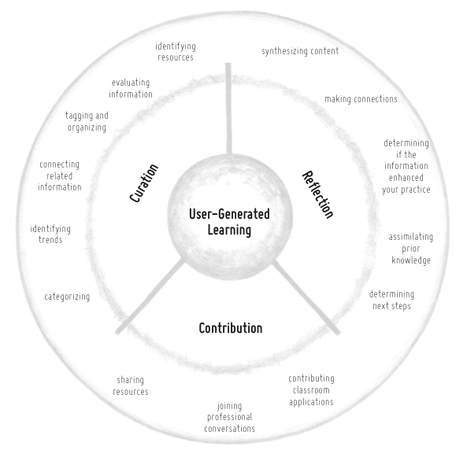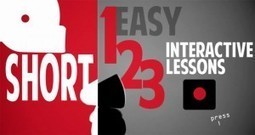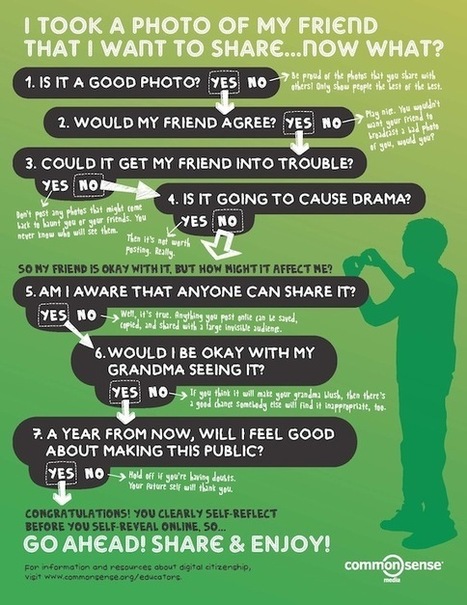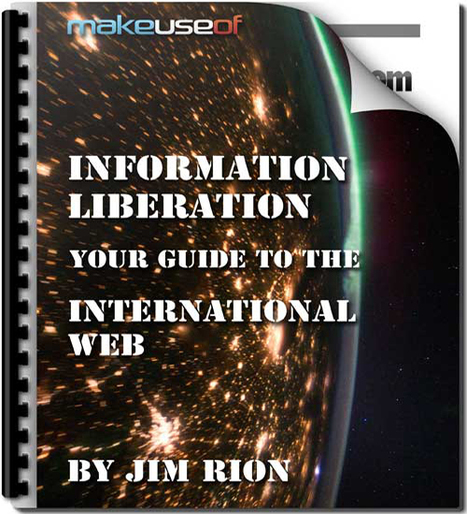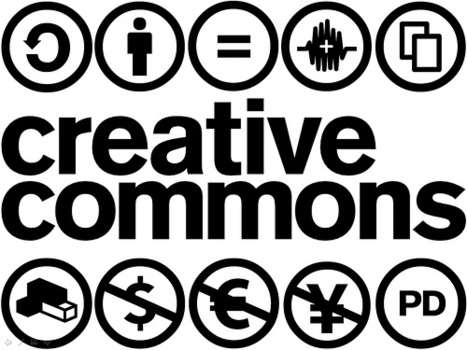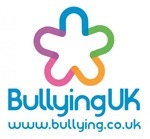Is this your first time visiting the Internet Safety Project? Don’t worry we were once new too.
Here are a few tips to get you started! Just look for the phrase that best describes you.
I want advice from Internet Safety Experts
Read our blogs here. All of our guest bloggers are Internet safety experts who give great practical advice!
You can also listen to our podcasts! We interview experts and talk about current Internet safety issues.
Every podcast we record is available online for free. Click here to see the full selection.
You can also access blogs and podcasts using the tabs at the top of the site.
I am an Educator or Parent looking for Internet safety resources
You’ve come to the right place! You can search for articles from the main wiki page here for articles on Internet Safety. Or just use the search bar in the upper right hand corner.
You can also look at the resources other Internet safety organizations (See a complete list of Internet Safety Organizations and Products here). Some sites even include curriculum or volunteer programs that you can implement in your community or school. Check out the categories below to get started:
- Organizations for Parents
- Educational Organizations
- I want to know what’s going on in Internet and Technology news right now!
- Read some of our Newswire Reports ( The box on the right side of the site). We post a new report everyday on current internet safety and technology issues.
You can also follow us on twitter and Facebook. We’ll let you know what’s going on in the Internet world, and when our new blogs and podcasts are up.
- I just want to know more about the Internet and the issues out there. Where should I start?
You can search our Internet Safety Project Wiki (search bar in the upper right hand corner), but if you're not even sure what to look for you might want to start by browsing some of our popular pages.
Try starting with our list of wiki articles on Internet basics. These are things that you will probably stumble across in normal computer use, such as: acronyms, browsers, e-mail, and search engines.
Here are articles on some of the bigger safety issues we cover:
- Pornography
- Online Games Addiction
- Identity Theft
- Malware
- Viruses
- Social Networking
- Cyberbullying
- Online Predators
- Texting
Link: http://www.internetsafetyproject.org/
Via
Gust MEES



 Your new post is loading...
Your new post is loading...

